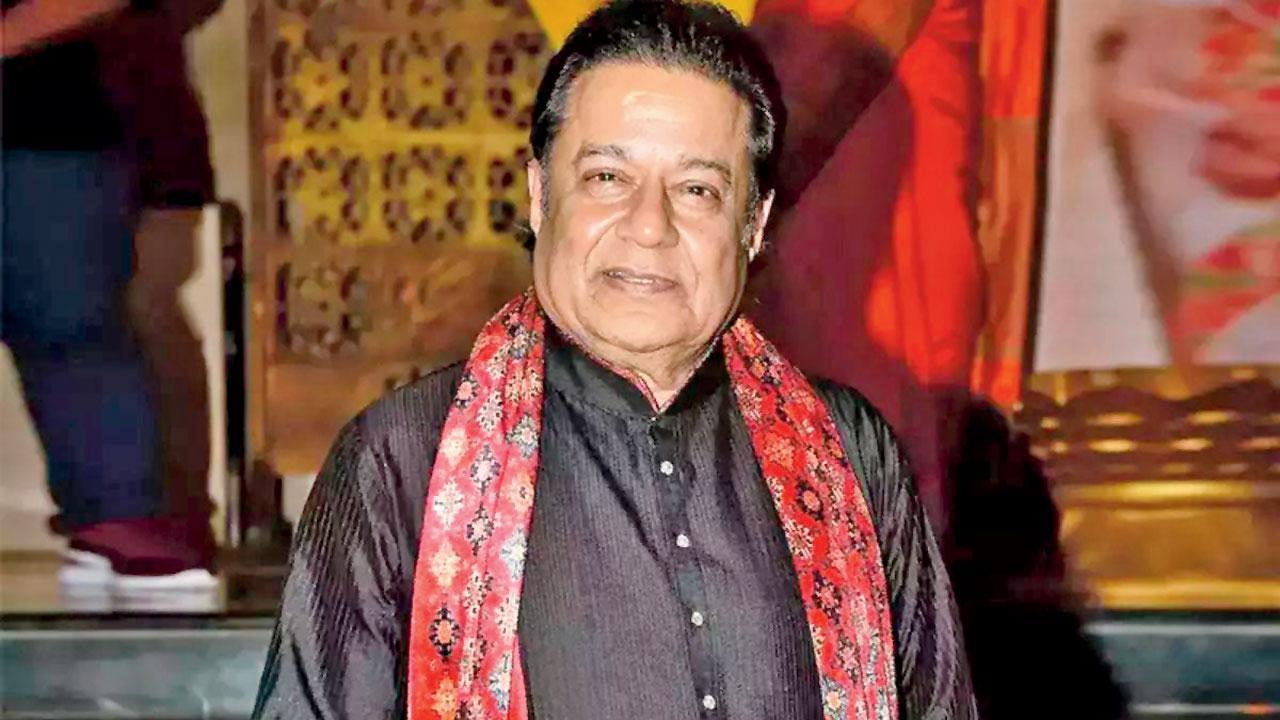Sangeet Natak Akademi Award-winner Jalota on why the title that’s given on the recommendation of musicians, holds more merit

Anup Jalota
Only days ago, veteran musician Anup Jalota received the prestigious Sangeet Natak Akademi Award, from the Indian President, Droupadi Murmu. That his acknowledgement comes from the government of the country makes it a prominent title for Jalota, who calls it “a bigger win than the Padma Shri”. “I consider it so because this award is given on the recommendation of other musicians. The President is a lover of devotional music, and told me she enjoys listening to my music,” beams Jalota, who won the Padma Shree Award 12 years ago.
ADVERTISEMENT
Jalota may have spent a lifetime in the Indian music industry, but, unlike in other genres, he says significant changes in “traditional bhajan singing” is not witnessed. “It is not possible, because bhajan singing is restricted by rules. We can change the orchestration, but a bhajan by Tulsidas will still be what it is. It is already written. What we do see, however, is a change in orchestration. The use of guitars, keyboards, synthesizers, and saxophones, are giving this music a new dimension and sound,” he says, pressing on the need to retain the beauty, lyrics and composition of original bhajans.
Also Read: Indian indie music goes international
Unlike popular notion, Jalota says there is no dearth of talent taking interest in this music. The new generation is eager to understand the meaning behind devotional songs, and find good melodies. “Some of the [bhajans] that I have delivered, like Aisi lagi lagan, and Achutam keshavam, are still sung by kids. Pick interesting lyrics, and don’t make the composition so tough that people cannot sing it. If you do that, you will have people interested [in your work].”
Also Read: Music Maestro Prodyut Mukherjee now a voting member at the Recording Academy that hosts Grammy Award
Meanwhile, the singer ignited controversy on social media last week when lending his support to the notion of establishing India as a ‘Hindu rashtra’. Asked about the reason behind his belief, he says, “Pakistan is Islamic, because more Muslims stay there. Similarly, America has Christians. If India has Hindus, why shouldn’t we call this a Hindu rashtra? Our culture, like yoga, is practised all across the world. Why can’t [India] get a platform by establishing our cultures? I request [the authorities] to declare India a Hindu rashtra.” The declaration, he believes, will not hamper the lives of individuals of other religions, many of whom have been his contemporaries in the industry. “Everyone can follow their religion. But there should be one Hindu country.”
 Subscribe today by clicking the link and stay updated with the latest news!" Click here!
Subscribe today by clicking the link and stay updated with the latest news!" Click here!







